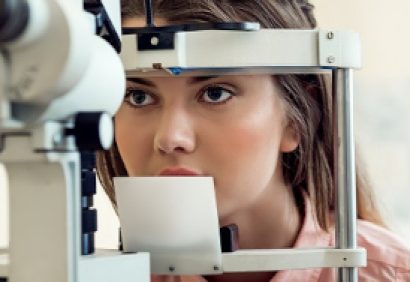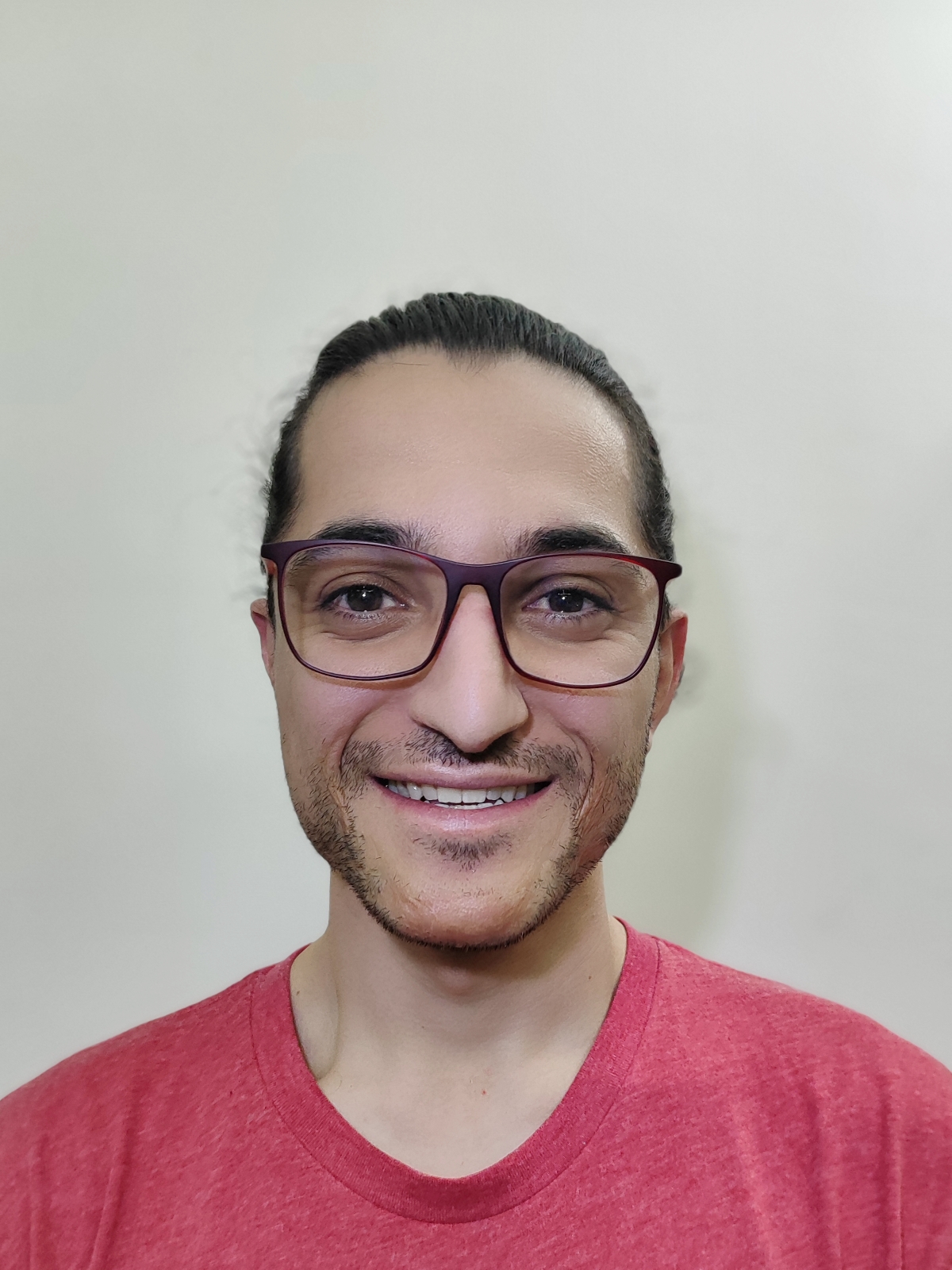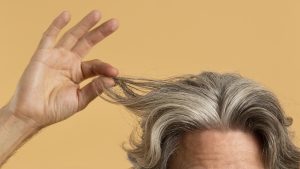Jump To:
Fast Facts
- Operation Duration: 30-60 Minutes
- Hospital Stay: NO
- Approximate Length Of Stay: 3 Days

Complete Ophthalmology And Optometry Examinations
“Complete Ophthalmology and Optometry Examinations” involve several detailed steps to assess eye health and visual acuity.
Here is an outline of the typical procedures:
Procedure Steps
1. Medical and Visual History
The examination begins with the collection of your medical and visual history. This includes questions about:
- Current visual problems
- Past eye issues or surgeries
- General health conditions (e.g., diabetes, hypertension)
- Medications you are taking
- Family history of eye diseases
2. Preliminary Tests
Initial tests are performed to get an overview of your eye health and include:
- Visual Acuity Test: This uses an eye chart (Snellen chart) to measure how well you see at various distances.
- Refraction Test: Determines the prescription for glasses or contact lenses using a phoropter or an automated refractor.
3. Detailed Eye Examination
A series of more detailed examinations follow to assess the health of your eyes:
- Slit-Lamp Examination: A microscope with a bright light allows the doctor to examine the front part of the eye (cornea, lens, and anterior chamber) in detail.
- Retinal Examination: The doctor looks at the back of the eye (retina) using an ophthalmoscope or by performing a dilated eye exam.
- Tonometry: Measures the pressure inside the eye to screen for glaucoma. This can be done with a puff of air (non-contact tonometry) or using a device that touches the eye (applanation tonometry).
4. Additional Tests
Depending on the initial findings, additional tests might be required:
- Visual Field Test: Checks for blind spots or peripheral vision issues.
- Color Vision Testing: Assesses the ability to distinguish colors.
- Optical Coherence Tomography (OCT): Provides cross-sectional images of the retina to detect conditions such as macular degeneration or diabetic retinopathy.
- Corneal Topography: Maps the surface curvature of the cornea for conditions like keratoconus or for fitting contact lenses.
5. Prescription of Lenses and Glasses
Based on the refraction test results and other findings:
- Eyeglass Prescription: The doctor determines the precise lens power needed to correct your vision.
- Contact Lens Fitting: If you prefer contact lenses, additional measurements are taken to ensure a proper fit, including corneal curvature and tear film evaluation.
6. Counseling and Recommendations
Finally, the doctor provides advice and recommendations:
- Eye Health Advice: Tips on maintaining eye health, managing any identified conditions, and protective measures.
- Follow-Up: Scheduling future check-ups or specialist referrals if necessary.
Summary
Complete eye examinations by an ophthalmologist or optometrist that we work with in SHIFA are crucial for maintaining good vision and eye health. They involve thorough assessments to detect any visual impairments or eye diseases and provide appropriate prescriptions for corrective lenses. Regular eye exams are important for early detection and management of potential eye conditions.
Compare Before and After Images


Complete Ophthalmology And Optometry Examinations
Frequently Asked
Questions
What would we check for patients?
Preliminary tests of visual function and eye health, including depth perception, color vision, peripheral (side) vision and the response of the pupils to light. Assessment of refractive status to determine the presence of nearsightedness, farsightedness or astigmatism.
How often should you visit an Optometrist?
If you’re a healthy adult aged 19–64 with no current problems, you should have an eye exam at least every 2 years. After turning 65, an annual exam is ideal for your eye health and vision. Many eye diseases can develop with age, and yearly exams can help your optometrist track any changes in your vision.
How long does it take to get a new pair of glasses?
In SHIFA we can prepare your new glasses for you within one day by using experts and advanced devices while this process takes more than 10 days in many countries of the world.
SHIFA's Departments
Related Services
Featured Services

Eye Deflection Surgery
Deflection of the eye, often referred to as “Strabismus”, is a condition where the eyes do not properly align with

Beard Transplant
A “Beard Transplant” is a cosmetic procedure in which hair follicles are harvested from one part of the body (usually

FUE
The “FUE” (Follicular Unit Extraction) hair transplant technique is a minimally invasive procedure where individual hair follicles are extracted directly

Dental Implant
A “Dental Implant” is a surgical procedure that involves placing a titanium post into the jawbone to serve as an
Our Blog Articles
- mehdi.mhj@gmail.com
5 Great reasons to use an online doctor to choose
Delve into the impact of digital life on mental health & discover practical strategies to...
Read More- mehdi.mhj@gmail.com
What are the benefits of online doctor booking
Explore importance of quality sleep & learn tips to improve your sleep, ensuring raise-up refreshed...
Read More- mehdi.mhj@gmail.com
Doccure – Making your clinic painless visit?
Explore the benefits & challenges of virtual healthcare appointments, along with tips for making good...
Read More- mehdi.mhj@gmail.com
Benefits of Consulting With an Online Doctor
Uncover strategies to achieve a harmonious balance between professional and personal well-being....
Read More





Comments are closed.